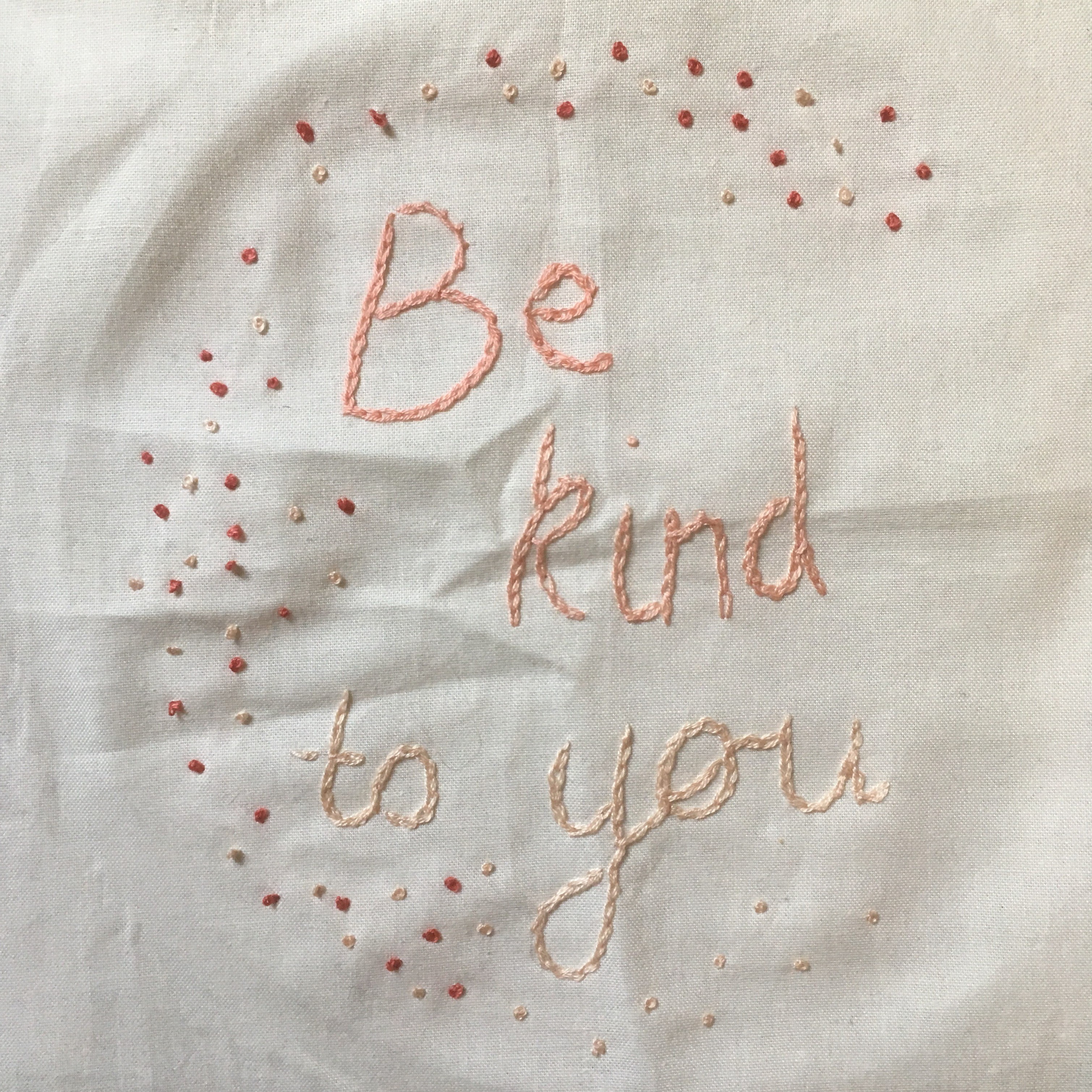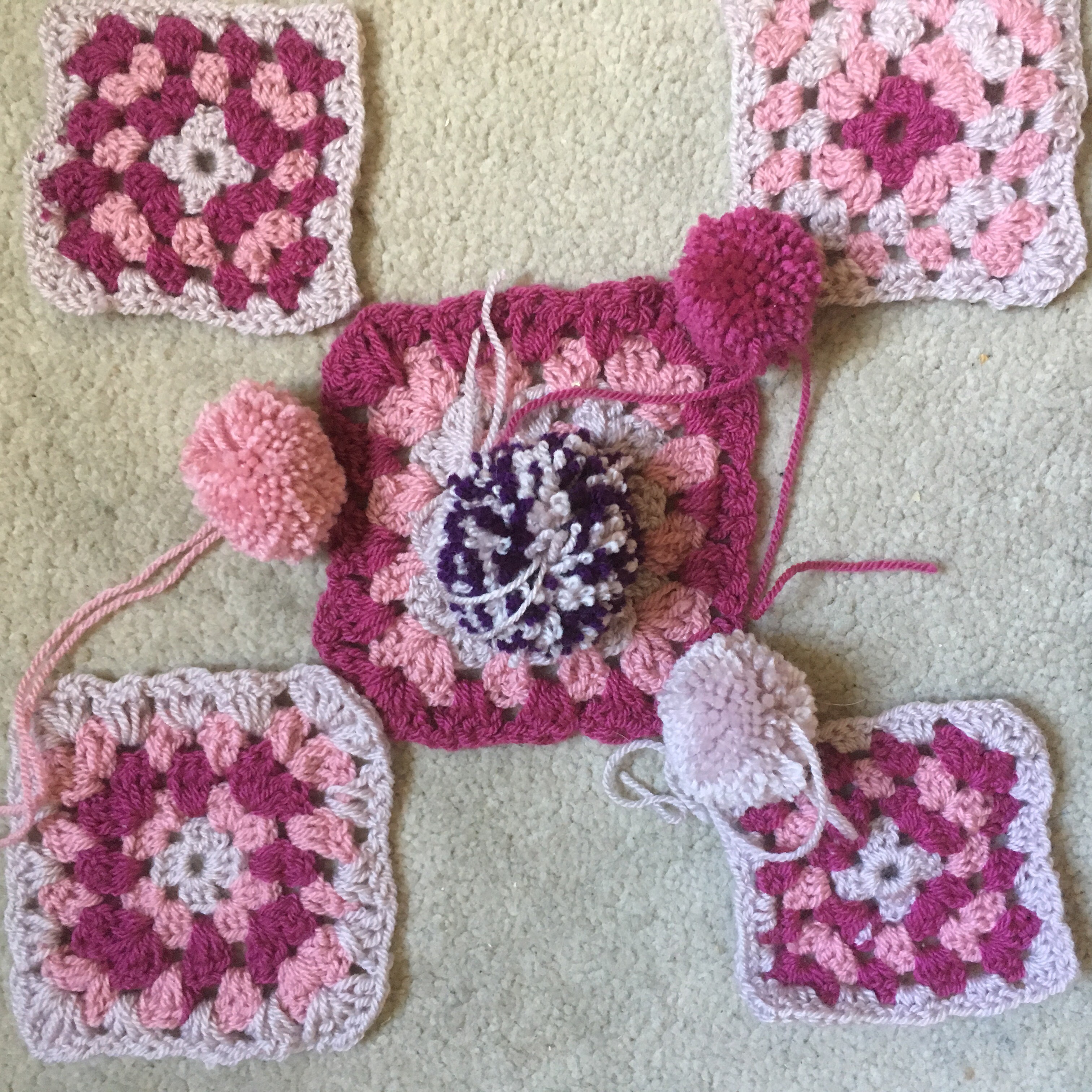Recovery is a long road. Sometimes there will be bumps and hills and the occasional spiral, but you learn to make yourself stronger each time you are set back.
I’m an eating disorder sufferer. I suffered from anorexia, orthorexia and EDNOS over different time periods. I suffered for a total of ten years before recovering for nearly three. I recently relapsed and briefly had issues with bulimia-like symptoms and ARFID (Avoidant/Restrictive Food Intake Disorder). I’m realising that food might always be something I have to watch, but I’m also learning slowly how to make my relapses shorter and my recovery stronger. Here’s what I’ve learnt on my journey that helps me with my eating disorder.
Food
I found exploring new food helpful to my recovery. Cooking different meals with different ingredients. Exploring new recipes, be that through online resources or recipe books. You can begin by using “safe foods” and slowly introduce things you’ve never tried. Try food from different cultures through different restaurants and even travelling if you can. Learn about different cultures traditions around food. Try and get back to what cooking is about: the flavours, spices, textures and temperatures.
Taking pleasure in the familiar is also good. Embrace your sweet tooth. Have a salty snack. Cook something with a smell you associate with a good memory. Use your senses to choose what it is you feel like eating, not what your mind tells you you have to eat.
I also found looking at food as a way to nourish your body and a way of celebrating yourself helpful. Try and eat with others. Coming together for meals is something we have done as long as we’ve existed – there is a great tradition in sharing nourishment with others. Learn to treat eating as a celebration.
Let go of the guilt around enjoying or celebrating food, because food is sacred though our history and culture and it should be enjoyed. Let go of the guilt of eating, because you deserve to nourish your mind and body. If you can’t get rid of that guilty feeling, try distraction techniques after meals.
Body
Look at bodies of different shaped people. This can be especially fun to do through history. Look at historical art and how people are depicted at all different sizes. How trends changed and how all sorts of body types and weights have been celebrated. Go to a museum or gallery to see art and sculptures. Seek out fat positive/body positive fashion bloggers and Instagram artists. Take up a life drawing class and draw different bodies.
Try to spend time accepting your own body and loving your flaws. Everyone has things they like and do not like about their body. Try doing a self-portrait. You could draw stars or flowers on the parts of you that have made you feel bad in the past and try to love them. Send time in the bath relaxing with your body or mediating next to a mirror where you can see yourself. Try and do grounding things when you see your body as wrong.
Learn to move your body in a way that is good. Don’t over exercise. Start with small efforts that make you feel in your body and mindful like yoga, tai chi or qigong. Use these exercises to make yourself feel grounded and present in your body, rather than to burn calories or purge. Go for short walks in nature, sit against a tree, get wet in the rain, soak in sun rays. Remember that your body is recovering, so there’s no need to rush things or do too much.

Mind
This is the hardest part. To face the eating disordered part of your mind that tells you how to eat and feel. Aim to do things to educate yourself and build your self-esteem. I found that having an eating disorder stole from so much of my personality, but concentrating on yourself and your interests and building on that can be invaluable and joyous.
Look up work by people who have had eating issues. Go ask your local bookshop if they have any good books on eating disorder help or experiences. I recommend the chef and author Ruby Tandoh for positive relationships with food. Have a look online at self-esteem building courses or local groups. Seek out treatment and counselling.
Write down your feelings. One of my biggest regrets is that I didn’t start journalling sooner. I now journal all my feelings that I need to work out. I keep track of my moods. I celebrate my favourite dishes and even take note of some of my most mundane ones. I write to-do lists and things I need to remember. Anything that tracks your life in a helpful way and gets out your feelings. You can also do this through Samaritans email if you’re in a crisis, but having a journal of your feelings can be really useful in treatment and for yourself.
I found making time for myself by intentionally doing other activities when I started to feel like I wanted to research food or diets, or look at triggering images. When I feel like doing these things instead I make myself create something. Whether that be art, embroidery, jewellery-making, photography... whatever, as long as there’s something physical at the end that you can see you’ve achieved. It can do wonders for your self-esteem and keep darker thoughts away. New hobbies can be a welcome distraction as well as help with personality development and self-esteem.
Lastly, routine can be very good for those of us with mental health issues. Even just writing a to-do list of things you want to achieve in the morning in your journal. Try and build up certain times when you do certain things, especially in place of eating disorder behaviours. If you would normally purge after a meal, keep your mind busy instead. I also find fidget toys, small puzzles and easy tasks like pompom-making are good distractions.

Recovery is constant work and it can feel overwhelming but it’s just one small step each day at a time. Don’t ever stop believing in yourself, and don’t forget that you are worth so much more than your eating disorder!
Contributed by Amelia
"I love myself more than I ever did"
2 September 2019I’ve worked tirelessly in day care, private therapy and on my own to get as “recovered” as I can possibly be. I wasn’t content with surviving with an eating disorder. To me the mental torture and confines are the worst part, so a healthy body without a quality of life was not enough.
10 Helpful Things to Say to Someone With an Eating Disorder
15 August 201710 helpful things to say to someone with an eating disorder as knowing what to say to someone can be tricky.
What happens when you start to feed your brain again?
5 May 2021You have to learn how to live again and, like with any lessons, you often have to fail to learn the best way or the right way...

